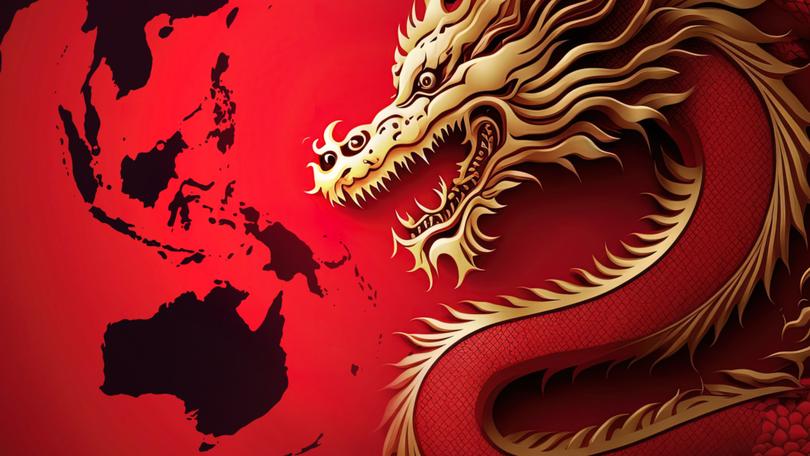Isabelle Mullen: Labor’s ‘nothing to see here’ position on defence doesn’t match reality
With China on our doorstep and Donald Trump changing the nature of a once “friendly” relationship with the United States, it might be time to do things differently.

China has been circumnavigating the Australian coastline.
There’s confusion over whether Russia has asked to establish an airbase in Indonesia.
And Donald Trump has turned his back on a free trade agreement with Australia dating back to 2005.
Sign up to The Nightly's newsletters.
Get the first look at the digital newspaper, curated daily stories and breaking headlines delivered to your inbox.
By continuing you agree to our Terms and Privacy Policy.The world order is changing quickly.
On Wednesday Peter Dutton promised to increase defence spending by $21 billion if successful at the May 3 election.
The move would take defence spending as a share of GDP to 2.5 per cent, up from Labor’s 2 per cent commitment.
“The Prime Minister and the Deputy Prime Minister regularly tell Australians that we live in the most precarious period since the end of the Second World War… yet Labor has done nothing about it,” Mr Dutton said in Perth.
The Coalition would scrap tax cuts for every Australian to pay for the increase.
The question is whether Australians will go for it.
Anthony Albanese has been careful not to take a hard line on Trump or China.
We need both for security and trade.
But Labor’s “nothing to see here” position — at least in front of the media — doesn’t match reality.
We can only hope serious conversations are taking place behind closed doors.
There’s no doubt the Prime Minister is in an unenviable position, but he can’t deny that Australia is the jam in the middle of a Washington and Beijing sandwich.
We are at risk of becoming victims of circumstance.
Raising the question — when will the Federal Government be forced to take a harder line? And why is Australia being more proactive rather than reactive?
The Prime Minister regularly shuts down this sort of questioning at his press conferences, insisting diplomatic relations are conducted behind closed doors, not played out in front of the media.
But with China on our doorstep and Donald Trump changing the nature of a once “friendly” relationship with the United States, it might be time to do things differently.
Constant reassurances that in regard to tariffs “we got the best deal at 10 per cent” insult the public and do little to ease growing concerns.
Both the United States and China are doing whatever they like.
It would be different if Donald Trump and Xi Jingping were more predictable, less volatile and engaged more readily in diplomacy.
But in this changing political environment, old friendships have been tested and it’s only a matter of time before Australia is asked to pick a side.
It’s happening already.
After Donald Trump slapped tariffs of 10 per cent on our exports, China reached out with an offer of its own asking us to “join hands” against the US.
Anthony Albanese declined.
In February, Richard Marles handed the US an $800 million cheque, Australia’s first down payment on nuclear powered submarines.
But reports out of the US reveal the Trump administration and some defence experts are concerned Australia is not taking a position on China.
“If you want to deter conflict in peacetime you need to talk about using it in wartime and we haven’t seen a willingness yet on the part of the Australians,” former US strategist Bryan Clark said.
He’s advising the Australian Defence Force on the design of AUKUS submarines and is the director of the Centre for Defence Concepts and Technology at the Hudson Institute.
The documents reveal concern the US would be transferring Australia weapons the Federal government wouldn’t be prepared to use, harming efforts to deter conflict in the Indo Pacific region.
I asked Anthony Albanese about this while on the election campaign.
“We are not buying nuclear weapons to engage in warfare,” he said.
“I will not talk up war, like you are inviting me to do.”
Anthony Albanese doesn’t have to declare war with China, but Australia does need a plan that its leaders are willing to talk about.
Isabelle Mullen is a 7NEWS Federal political reporter
